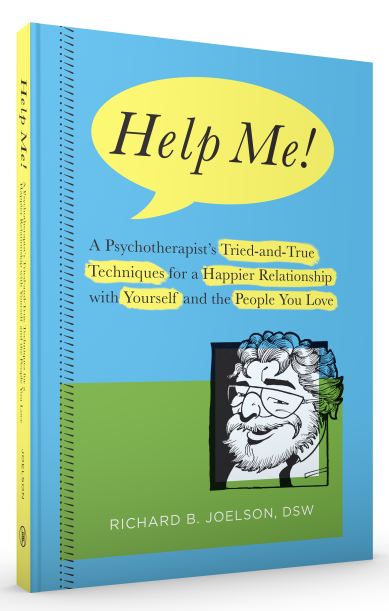Researchers have found that older children and adults who are sore losers worry about what others think of them if they don’t win, or feel that winning is what makes them good people. (Interestingly, this confusion of doing something good with being someone who is good is typical of how toddlers think.)
It seems to me that the problem here is the extent to which people see winning versus losing as some sort of test of their self-worth. If, as appears to be the case, a person involved in a competition of some sort requires a victory in order to feel adequate or competent, the likelihood that they can tolerate a loss is significantly lessened.
Often, these people do not have a way of assessing and evaluating wins and losses in accordance with their appropriate value and importance. Thus, the loss of a card game with a friend might be responded to no differently than the loss of an important promotion to a colleague at work or losing an important athletic competition by a slim margin.
There are people who can play a board or card game, a game of chess or squash and simply enjoy the experience without great emphasis on the outcome, i.e. whether or not they won or lost. When they lose at tennis, for example, they appreciate the opportunity to have played a favorite sport, value and emphasize the exercise benefits, and see the experience as an opportunity to improve their game, hoping that the next time might involve a victory. Others, i.e. the proverbial sore losers, respond quite differently. They tend to look for excuses to explain their loss, blame others and outside circumstances for the defeat, and feel disappointed throughout the experience rather than cope more adequately and absorb the loss without suffering.
Some of the possible reasons for the psychological evolution of the sore loser are likely established early on in life by well-intentioned and well-meaning parents who might have not fully understood some of the ways that sore losing might have been countered and avoided. Some parents place too much emphasis on winning, rather than on effort. Parents would do well to help their children be aware of their own experiences with losing or defeat, so that their children don’t believe that they have to be perfect or victorious in order to be acceptable or adequate. Parents often “let” their children win at games at home in order to avoid upset or frustration. This may provide a distorted idea about their ability, skill, or ‘luck.’ When these children play the game with friends and happen to lose, they may not be adequately prepared for the experience and react problematically.
Another way parents can help their children is to help them not to give up when they have lost at something. There are children who, if initially unsuccessful at baseball, for example, no longer wish to play the game. Some parents, unfortunately, accept this too readily and find a sport where their child might excel with too much ease or, worse, allow them to give up sports altogether. Emphasizing effort and rewarding perseverance are what is called for here.
No one really likes a sore loser… probably, most importantly, the sore losers themselves.
